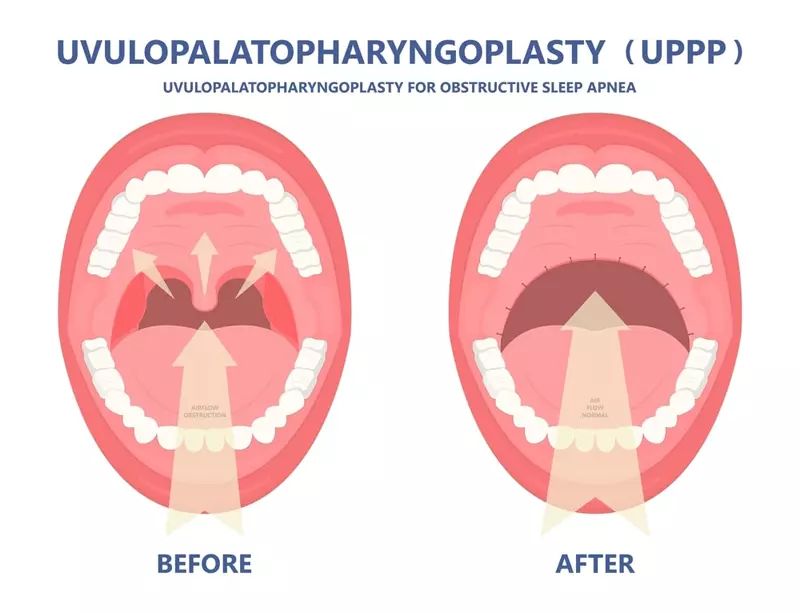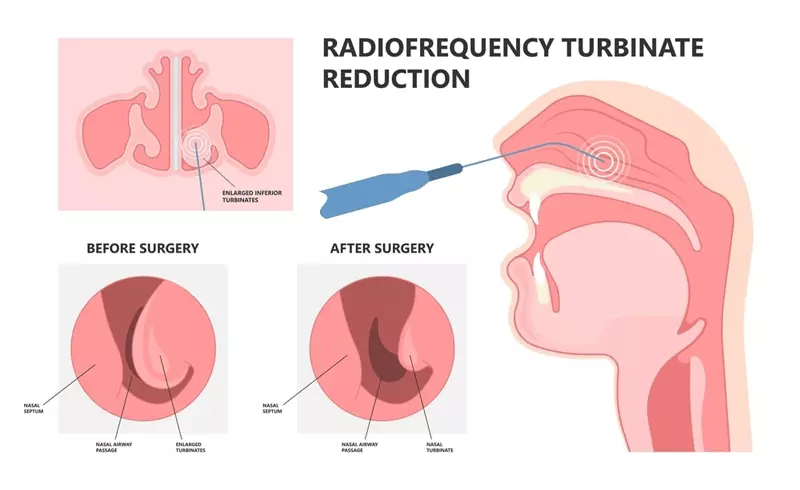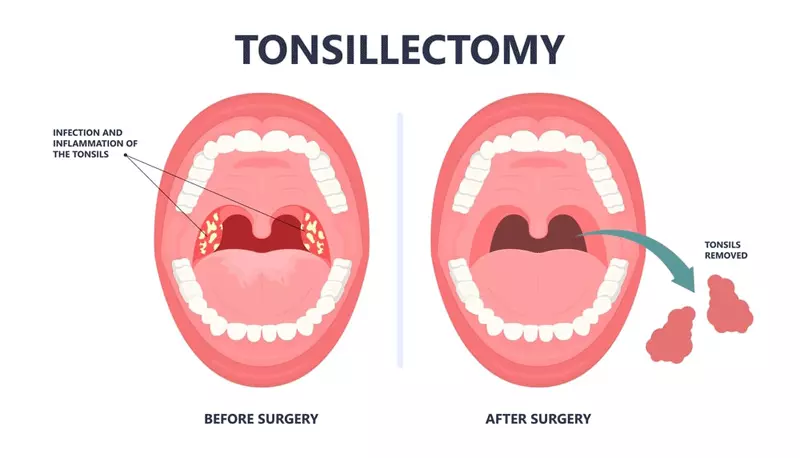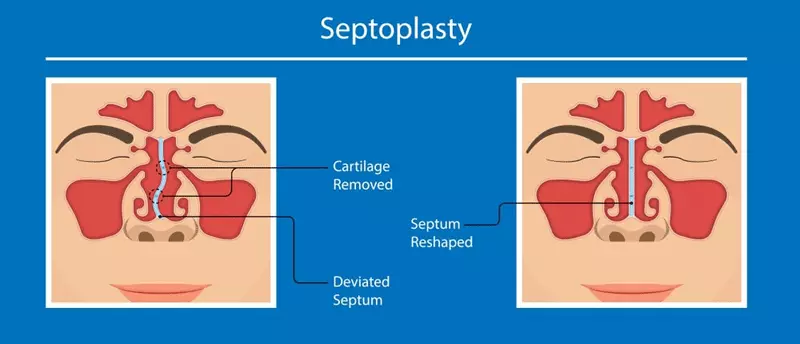Exploring Surgical Options for Snoring: Is it the Right Choice for You?
Jun 26th 2023
Snoring is a common issue that affects many individuals. While some might succeed with lifestyle changes, oral appliances, or CPAP therapy, others might require a more invasive approach, such as surgery. It's crucial, however, to understand whether snoring surgery is the right choice for you. This comprehensive guide will walk you through different surgical procedures, their pros and cons, and considerations to help you make an informed decision.
Understanding Snoring

Before we delve into surgery, we must understand what snoring is and why it occurs. As we sleep, our throat muscles relax, and our tongue falls back, causing the throat to narrow and become floppy. This leads to a vibration in the throat when we breathe, which creates the sound of snoring
What are the Surgical Options for Snoring?
When non-surgical treatments fail to help, surgical procedures can be explored to alleviate the condition. Here are some common surgical options:
Uvulopalatopharyngoplasty (UPPP)

UPPP is a procedure that removes excess tissue in the throat, making the airway wider. This can sometimes reduce the vibration that leads to snoring
Thermal Ablation Palatoplasty (TAP)

TAP procedures treat snoring and sleep apnea by reducing tissue in the throat. Various methods, such as radiofrequency ablation, can be used, or a laser or electric current to create scars, which help tighten the tissue
Tonsillectomy and Adenoidectomy

These are common procedures that remove the tonsils and adenoids, which are often the cause of snoring in children
Septoplasty

This procedure is performed to straighten the septum, the wall between the nostrils, which can help to reduce snoring caused by a deviated septum
Hypoglossal Nerve Stimulation
This relatively new procedure involves implanting a device that stimulates the hypoglossal nerve, causing the tongue to move forward and open the airway
Is Snoring Surgery the Right Option for You?
Surgery should be considered when all non-invasive treatment options for snoring have been exhausted. For example, surgical intervention might be the next step if you have tried lifestyle changes, such as weight loss, smoking cessation, and positional therapy, or if oral appliances or CPAP therapy have failed.
However, it's vital to consult with your doctor or a sleep specialist who can thoroughly assess your condition, discuss the potential risks and benefits, and guide you in making the best decision for your circumstances.
Evaluation and Diagnosis
A thorough evaluation and diagnosis must be conducted before deciding on surgery. This will typically include a physical examination, a medical history review, imaging studies, or a sleep study. Understanding the root cause of your snoring is essential to identify the appropriate surgical solution.
Potential Risks and Complications
While snoring surgery can be effective for many, it's not without risks. Common side effects include pain, swelling, infection, and voice changes. In rare cases, more severe complications may occur.
Success Rate and Expectations
It's also important to have realistic expectations about the success rate of snoring surgery. While many people find relief from snoring post-surgery, it may not eliminate the problem for everyone.
Frequently Asked Questions About Snoring Surgery
In this final section, we will answer some of the most frequently asked questions about snoring surgery.
How effective is surgery to stop snoring?
The effectiveness of snoring surgery varies depending on the individual and the specific procedure performed. It's also important to note that while surgery can help reduce snoring, it may not eliminate it in all cases.
Are there any non-surgical alternatives to stop snoring?
Yes, there are many non-surgical alternatives to stop snoring, including lifestyle changes, oral appliances, and CPAP therapy. However, if these methods have failed, surgery might be considered.
Are snoring surgeries painful?
Some discomfort can be expected after any surgical procedure, but the pain level will vary depending on the individual and the specific function performed. Pain can usually be managed with medications prescribed by your doctor.
Can snoring return after surgery?
Yes, it's possible for snoring to return after surgery, particularly if lifestyle factors that contribute to snoring are not addressed, such as weight gain or alcohol consumption.
How do I know if snoring surgery is right for me?
The decision to undergo snoring surgery should be made in consultation with your doctor or a sleep specialist. They can thoroughly assess your condition, discuss the potential risks and benefits, and guide you in making the best decision for your circumstances.
